IOW Festival 2010





award winning green event & pr consultancy
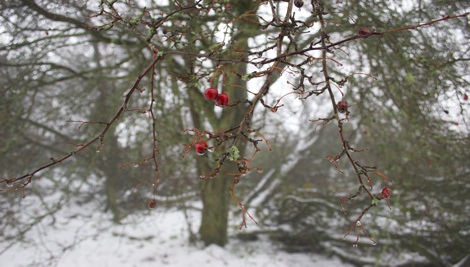
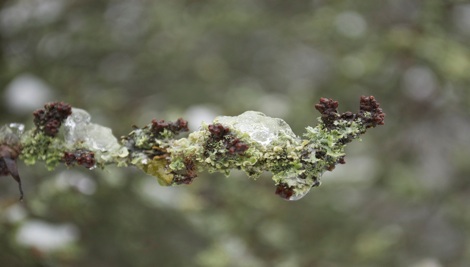
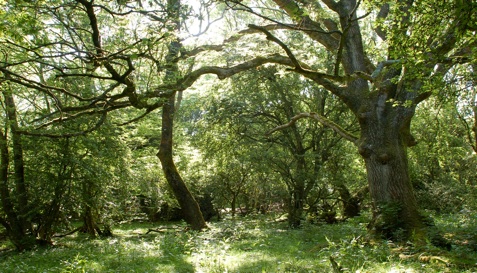

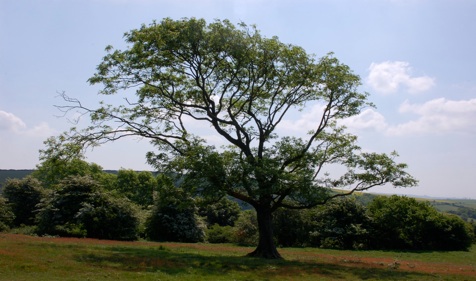




An example of our work at the Isle of Wight Music Festival.
In 2008, the IOW festival and the Eco Action Partnership made a five-year commitment to tackle the inevitable impacts of a large music event, from both a local and national perspective.
Through our unique profile and access to international media, festival goers and major artists, we are able to educate, inform and show by example that 55,000 people coming onto a site for 4 days can be run in an ethical and sustainable way.
In addition, we highlight general climate change and environmental issues through a variety of unique initiatives:
Taking over the Arboretum on the festival site (renamed The Hive), and using the space to educate and inform festival-goers on a variety of issues - showing the hard hitting climate change exhibition Hard Rain, fundraising and information points for our Bee campaigns, a plastic bottle recycling village, the acoustic Solar Stage, mobile phone charging from solar power, and the V-inspired volunteer bus
Having a unique presence backstage enabling access to major artists and getting them to talk about climate change issues
Producing short films and showing them on the main screen prior to each day’s headline act
Carrying out an ecological management plan for the site.
Supporting local conservation projects including red squirrel habitat protection, replanting indigenous black poplars and sponsoring local bee hives
Supporting the Department of Energy and Climate Change’s Road to Copenhagen campaign, and the British Council’s Climate Champions campaign by giving them both a presence at the festival
Promoting travel alternatives like Liftshare/FestivalBudi scheme, installing cycle racks and bike hire on the site
Giving a space and voice to local charities
Working with major corporate clients on-site advising on carbon reduction practices (H&M)
Producing Environmental and Travel Policies
Implementing Waste and Recycling initiatives
Ensuring major press and social media coverage of all eco initiatives
We received support from Sir Paul McCartney in the form of a quote and an interview given on ITV2 highlighting our campaigns and eco messaging.
“It’s really great that the IOW festival has initiated so much change over the last few years in making the event as ‘green as possible. I’m glad that winning the Greener Festival Award last year has helped to encourage them to take further action in 2010. It is fantastic for artists like myself to see festival organisers investing in ways to reduce their CO2 emissions and taking responsibility for the environment. Not only will this approach encourage others in the music industry to look at best-practice but it will also highlight to audiences that times are changing and we all have to do our bit at events such as these as well as at home.”
David Viner, British Council Programme Leader, Climate Change also lent support with this message:
“Climate change is a problem that affects everyone, and it will take more than just politicians, economists and scientists to work out the answers. We’re helping to support the Arboretum (Hive) and are hoping to increase awareness on climate change and what we do in an innovative way and engage as many people as possible……….”
As we gear up for the fourth year, our proven track record thus far includes
Two successful bee campaigns, Give Bees a Chance and Let it Bee, highlighting challenges facing both honey and bumble bee species and taking direct action on the island * for more explanation see appendix 2.
Two ‘Outstanding Festival’ awards from A Greener Festival, one of only 11 major festivals worldwide to be recognised this way
Achieving BS8901 environmental certification
Receiving Julie’s Bicycle Industry Green mark
Becoming an official 10:10 business and meeting our percentage reduction obligation in 2010
Being the subject of a published environmental paper on sustainability issues within the festival industry
Producing a carbon audit showing a genuine reduction over the last 3 years
Appendix 2 – Isle of Wight Festival Bee Campaign
Working with the Isle Of Wight music festival since 2008, Eco Action Partnership have initiated two separate bee campaigns on the island, Give Bees a Chance (GBAC) and Let it Bee, and have also ensured that the festival has become a major supporter of local conservation projects.
We’ve provided financial support through corporate sponsorship and specific bee-related fundraising activities, and brought increased awareness, through these campaigns, of climate change, conservation and sustainability issues, and have been able to highlight the main issues affecting honey and bumblebee populations at a local, national and global level.
The GBAC project comprised three parts;
1) An interpretation strategy of the vegetated soft cliffs and chines of the IOW, focusing on their extraordinary wildlife, especially bare-ground insects such as bees.
2) An investigation of the management and monitoring of cliff top buffer zones focusing in particular on their value to invertebrates, including nectaring for bees
3) A longer term project researching and modeling impacts of climate change on the sustainability of the IOW chines, and therefore also their future role in providing these essential coastal bare-ground habitats. The vegetated soft cliffs of the Isle of Wight are internationally important for biodiversity. Most are notified as SSSI and a significant proportion of the resource is included in the European South Wight Maritime Special Area of Conservation. The Environment Agency has been developing management plans to preserve the processes that create and sustain chine habitats. There is a delicate balance between the rate of sea-cliff erosion (which reduces chine extent) and storm-runoff driven headwards erosion processes, which acts to increase the extent of the chines. The research used data from Regional Climate Models and sea-level rise projections to produce models of Chine evolution and the results can be used to design long-term management recommendations to secure these important habitats for all wildlife in the future.
Monies raised were match funded by the Environment Agency and Wildlife Trusts enabling successful completion of GBAC, and in 2010, we started the Let it Bee campaign.
We raised money to create a management plan for an area in Newchurch called the Field of Hope (FoH) in order to protect and monitor it long term. This sandy field has also become an extraordinarily good habitat for invertebrates, and especially for mining bees. There are several rare species already known from the site and additional survey work will be carried out. The funds raised for bee conservation at the 2010 Festival are being used to create new bee nesting sites within the Field of Hope, and to create and maintain a linked series of sunny and flower-rich glades where nectar and pollen are plentiful the year round.
Completed summer, autumn and winter surveys show startling results. Six bee species entirely new to the island, some clearly indicating a spreading range as climatic response, but some revealing rare species, previously unknown, that are breeding successfully on the FoH. This in turn means that we can do something to improve and increase their numbers simply by providing more feeding and nesting niches of the same quality. The winter work carried out has seen new glades created with interlinking sunny corridors to encourage bees to move across the site following trails of wildflowers, and we will be building a series of bespoke nest banks to greatly increase populations of key species.
Ian Boyd, Head of Environment for Natural Enterprise and Island 2000 Trust said:
"The support of the Isle of Wight Festival has undoubtedly strengthened and developed our Gift to Nature conservation programme. It is a better and more effective deliverer of real biodiversity gains across the Island for its relationship with Solo and Eco Action Partnership. And this isn't just about the wonderful fundraising and promotional opportunity that the Festival presents each year; it's as much about the lift it can bring to our own efforts to see the Festival's enthusiastic commitment to Island and its environment. "
Aside from the tangible difference the above have made, our contribution to the climate change debate is to use our unique position to raise questions and awareness with major artists (we received a statement of support from Sir Paul McCartney and an interview on ITV2 supporting all things green and bee related), and to gain a high degree of publicity and support from national media, 55,000 festival goers and people on the island.
We also sponsor bee hives in Limerstone, have initiated an ecological management plan on the festival site, and supported other conservation projects, including red squirrel habitat protection and replanting indigenous black poplars on the IOW.
These initiatives also helped us to win an Outstanding Festival award from A Greener Festival two years running, which again encourages other major events like ours to feel obligated and empowered to initiate environmental change.
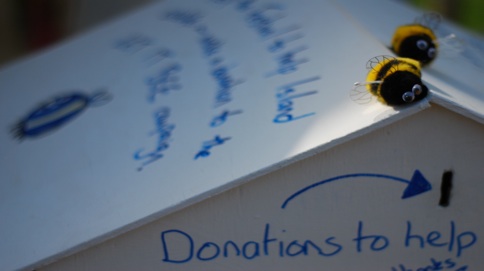
© eco action partnership ltd 2009, 2010 ,2011 Company No. 06789631